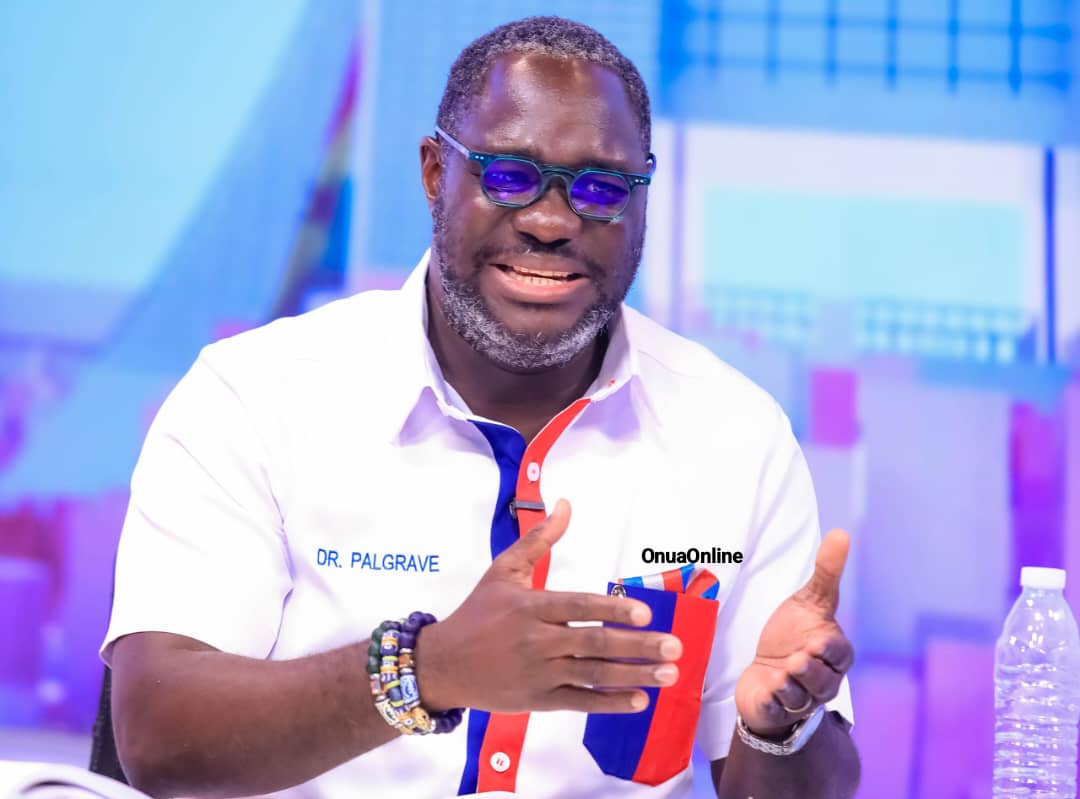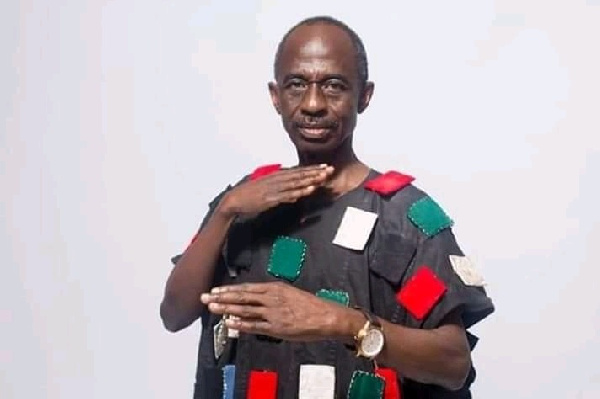By Emmanuel Edem Akomea
For decades, the Ghana School of Law (GSL) has been the primary institution responsible for training legal professionals in Ghana.
While its contribution to the legal profession is undeniable, it is equally undeniably an institution that has operated under a virtual monopoly. This monopoly has bred frustration, inefficiency, and limited access to legal education for thousands of qualified students.
In my honest opinion, this monopoly has overstayed its welcome. Any decision aimed at breaking that monopoly is a step in the right direction—a sign that we are finally ready to democratize legal education, open up opportunities, and modernize our legal system. However, we must not be reckless.
Don’t Rush What Should Be Reformed
Reforming legal education in Ghana is not just about allowing other institutions to run professional law courses. It is about protecting the integrity of legal training, ensuring consistency in standards, and maintaining public trust in the legal profession.
This is why the General Legal Council (GLC)—the body responsible for regulating legal education and the legal profession in Ghana—must not be sidelined. If we attempt to sidestep or override the GLC in this paradigm shift, we are heading toward a legal disaster.
This reform should not be forced through political muscle or public pressure. It should be the result of a formal, well-negotiated understanding—ideally a memorandum of agreement between the Government and the GLC. That document must clearly define roles, establish new regulatory frameworks, and outline the standards to be maintained across all institutions that may be authorized to offer legal professional training.
Avoiding a Political Football
Legal education must never become a political football, tossed around by changing governments and interest groups. The legal profession is the backbone of justice, rule of law, and democratic accountability. If legal education becomes politicized, we risk producing lawyers who are poorly trained, inconsistent in ethical standards, and ill-prepared to serve the nation.
What Ghana needs is a deliberate, inclusive, and transparent legal education reform process. One that involves the GLC, academia, the judiciary, Parliament, and key legal stakeholders—not just politicians and headline-seeking reformers.
A Call for Responsible Reform
To those leading this change: the intent is noble, but the process must be sound. Breaking the GSL’s monopoly is not the end goal. The real goal is to build a fair, accessible, and high-quality system of legal education that meets the needs of Ghana’s growing population and changing economy.
Let’s reform, not ruin. Enditem
The writer is a Law Student.
Share Us



